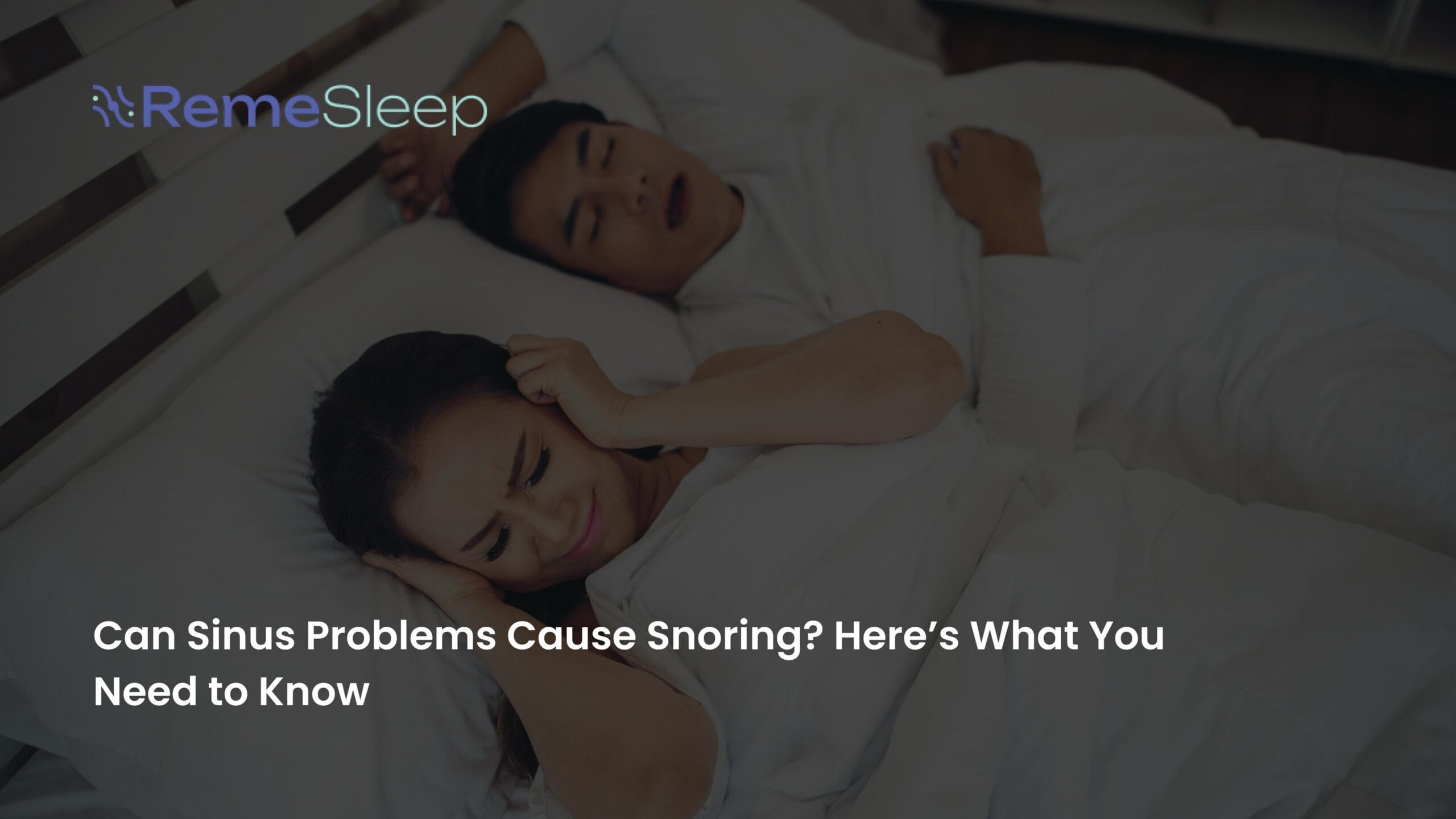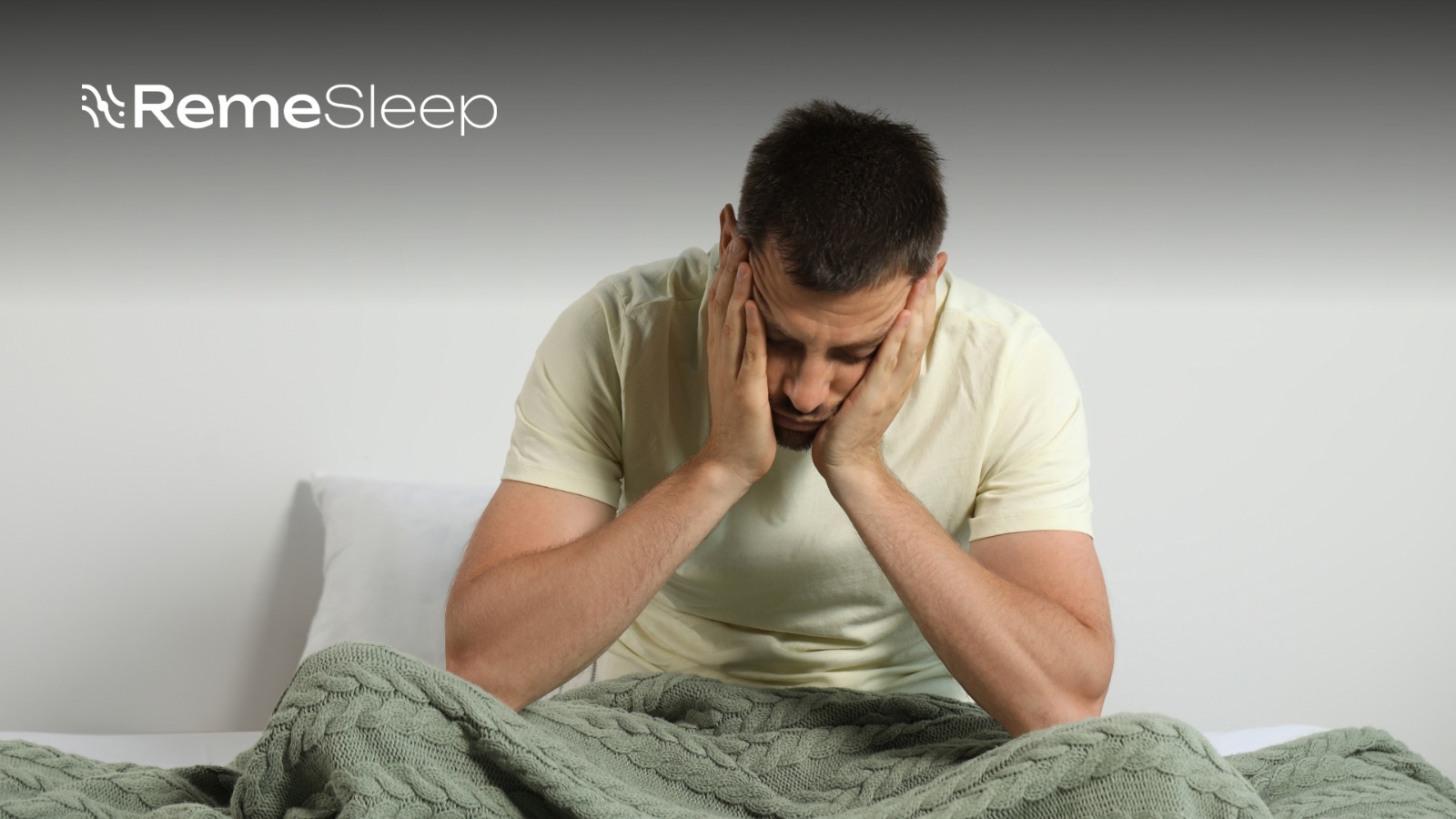Understanding the Link Between Sinus Issues and Snoring
Snoring can be more than just a noisy nuisance; it may be a sign that something’s affecting your breathing during sleep. One of the most common but often ignored causes is sinus congestion. When your nasal passages are blocked due to allergies, inflammation, or infection, your body tends to switch to mouth breathing, which often leads to snoring.
How Sinus Problems Lead to Snoring
When your nose is congested from allergies, sinus infections, or even structural problems like a deviated septum, it disrupts normal airflow. Your body naturally chooses to breathe through the mouth, which increases the chances of soft tissue vibration in the throat producing that familiar snoring sound. People with frequent sinus issues may notice their snoring gets worse during allergy seasons or when they have a cold.
Common Sinus Conditions That Can Trigger Snoring
- Chronic Sinusitis: Long-term inflammation and blockage in the sinuses.
- Nasal Polyps: Soft, noncancerous growths in the nasal passages that can affect breathing.
- Allergic Rhinitis: Inflammation of the nasal passages caused by allergens.
- Deviated Septum: A condition where the wall between the nostrils is off-center.
- Upper Respiratory Infections: Short-term infections like the cold or flu that block the nasal airways.
When Snoring Might Mean Something More
Occasional snoring is normal. But if you or a loved one snores most nights, gasps for air during sleep, or wakes up feeling tired, it could point to a more serious issue like Obstructive Sleep Apnea (OSA). If you already deal with sinus problems, untreated OSA could make things worse. It’s important to get evaluated by a sleep specialist if these symptoms sound familiar.
Ways to Reduce Sinus-Related Snoring
- Use a Humidifier: Keeps the air moist to prevent nasal dryness.
- Try Nasal Irrigation: Rinsing your sinuses with saline can help clear blockages.
- Manage Allergies: Minimize exposure to allergens and take appropriate medications.
- Change Your Sleeping Position: Sleeping on your side can reduce snoring.
- Consult a Doctor: An ENT or sleep specialist can help find long-term solutions.
Breathe Easier with Remesleep
At Remesleep, we’re committed to helping you get quality rest every night. Our CPAP devices are designed to deliver gentle, consistent airflow, keeping your airway open and reducing snoring and sleep disruptions. Whether your snoring stems from sinus issues or a more serious sleep disorder, our sleep solutions offer quiet, comfortable relief so you (and your partner) can wake up feeling refreshed.
Frequently Asked Questions
Q: Can a sinus infection cause someone to start snoring?
A: Yes. Sinus infections can block nasal passages, forcing mouth breathing and leading to snoring.
Q: Will sinus surgery help with snoring?
A: It can. Procedures like septoplasty or polyp removal often improve breathing and reduce snoring.
Q: Is a CPAP machine necessary for all cases of snoring?
A: Not always. But if snoring is linked to sleep apnea or disrupts your rest, a CPAP machine can be very effective.
Q: Can nasal sprays relieve sinus-related snoring?
A: They can provide temporary relief, especially during allergy season, but should be used under medical guidance.






